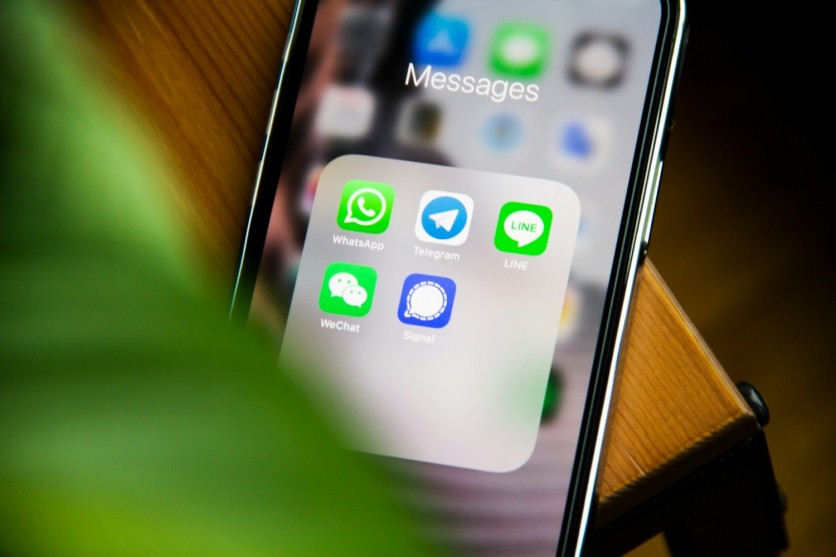Apple is pressuring Tencent, the company behind WeChat to make huge changes when it comes to app fees in China. It's also pushing ByteDance to do the same thingApple is attempting to compel WeChat, the world's most popular app, to close a payment loophole that allows external payment links for in-app purchases.
If Tencent, WeChat's owner, does not comply, the Cupertino giant will not have a second thought of blocking essential updates for the app in China.
WeChat's Dominance in China

WeChat is not just an app; it's an entire ecosystem used by nearly a billion active users.
Initially launched as a messaging app, WeChat has evolved into a comprehensive platform where users can access a myriad of services. These services include hailing a taxi, ordering food, purchasing movie tickets, playing games, checking flight statuses, transferring money, booking medical appointments, accessing banking services, paying utility bills, and much more.
Essentially, WeChat functions like an operating system with its own app store, integrating millions of lightweight apps within its platform.
Related Article : Tencent Aims to Give WeChat Users ChatGPT-Like Experience Soon
Comparison with Douyin and TikTok
Similar pressure was applied by Apple to ByteDance's Douyin, the Chinese version of TikTok, which subsequently complied with Apple's demands. Despite this, three months later, Tencent continues to resist Apple's demands.
Apple's Stance on External Payment Links
Apple's contention is that WeChat's practice of allowing mini-app developers to include links to external payment services violates the terms and conditions of the App Store. While Tencent agreed to remove these links initially, Bloomberg reports that in-game messaging services are now being used similarly, and Tencent has refused to block this workaround.
Apple's Threat to Block WeChat Updates
In May, Apple warned Tencent that it might reject essential WeChat updates unless the developer removes these payment links used by mini-game developers.
Recently, the iPhone maker demanded that Tencent disable a key in-game messaging feature that also redirects users to external payment services. However, Tencent has resisted, arguing that this change would undermine the product and compromise the gaming experience for users.
The Implications for WeChat and Apple
The standoff between Apple and Tencent highlights a significant power struggle. While Apple is typically the dominant player in such disputes, the situation with WeChat is different.
In China, consumers rely heavily on WeChat for daily activities and transactions, making it indispensable. Consequently, a threat to block WeChat updates holds less weight compared to other apps.
Given WeChat's unparalleled influence in China, Apple's threat has not yet been acted upon, even after several months. This delay suggests that a compromise may eventually be reached, but for now, Tencent holds a stronger position in this negotiation.
According to 9to5Mac, both companies understand the critical role WeChat plays in the Chinese market, and any drastic action could have significant repercussions.
Apple's attempt to enforce its App Store policies on WeChat won't be an easy task. Although it's a gargantuan company in the tech space, Chinese companies will assert their rights when it comes to these regulations.
While Apple has had success with other developers, the unique importance of WeChat in China makes this situation more complex. As negotiations continue, it remains to be seen how both companies will navigate this high-stakes conflict..

ⓒ 2025 TECHTIMES.com All rights reserved. Do not reproduce without permission.




